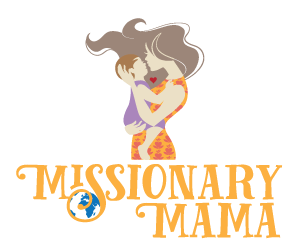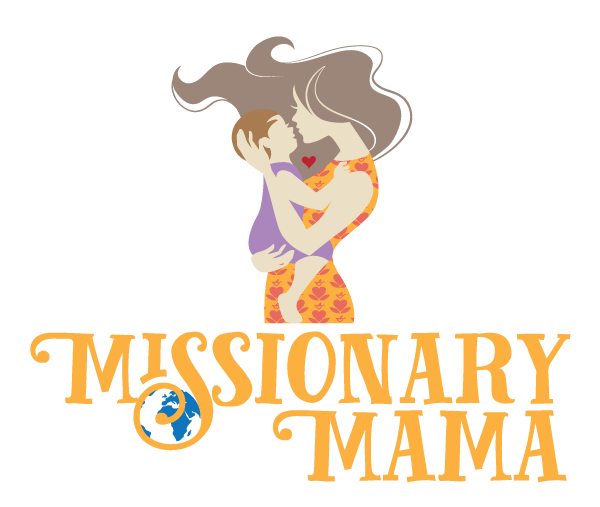
01 Jun Rachel is Weeping for Her Children
It was the day that my younger children and I walked around our neighborhood, tugging leaves from a variety of trees to identify at home. We walked with growing piles of green filling our hands, a diverse bouquet of chlorophyl. I noticed the perfect heart shape of the Eastern Redbud and how it would make a lovely stamp with some paint back home.
It was the day we passed an elderly man trimming his rose bushes on Cheverly Avenue, and our eyes met and we smiled. He beckoned me to stop and handed me a newly trimmed, tightly-budded rose. I thanked him and put the rose to my nose, surprised by the scents of exotic fruits like pineapple and mango diffusing into the air.
It was the night that I tucked them in, only to turn on the television and learn how a young man had shot his grandmother and then entered an elementary school and killed 19 young children and two teachers. That night, like many Americans, I couldn’t sleep well. Restlessly I tossed, groan-praying for the families who had lost precious loved ones, one scripture pounding into my mind:
Thus says the LORD: “A voice is heard in Ramah, lamentation and bitter weeping. Rachel is weeping for her children; she refuses to be comforted for her children, because they are no more.” (Jeremiah 31:15)
I remembered Bethlehem and the slaughter of the innocents two thousand years ago. I remembered standing in the Church of the Nativity in Bethlehem just last month, staring at a tribute to the estimated 14,000 boys under two years old who King Herod put to death after the birth of Christ.
Two millenia have passed, yet the guttural cry of mothers for their murdered babies is the same. And the blood of the innocents cries out from the ground, demanding justice.
As the days passed and we learned more about the devastating failure of those trained officials to protect children and teachers at the Uvalde massacre, I wrote one of my dearest childhood friends: “They waited to get KEYS to open the room?!“
Meanwhile parents who wanted to save their children were held back. Fathers smashed windows and pulled out their babies. One mother’s experience has stuck with me most.
The Wall Street Journal reported that Ms. Gomez was handcuffed by U.S. Marshals for “intervening with an active investigation,” but “she convinced local Uvalde police officers whom she knew to persuade the marshals to set her free…Once freed from her cuffs, Ms. Gomez made her distance from the crowd, jumped the school fence, and ran inside to grab her two children. She sprinted out of the school with them.”
I’m with Ms. Gomez – one hundred percent. For a decade now, my occupation has been teaching and tutoring children – my own at home, a class in our homeschool co-op, Bible studies with neighborhood kids, Sunday school classes at church. I bought a sign several months ago that sums up my conviction about the children I teach:

Two days after the shootings, I walk with my younger children once again in our neighborhood. We trace the same steps almost daily, our evening walk becoming like a familiar tune, its predictability producing comfort and rest in our hearts regardless of the bumps and bruises we picked up that day.
And we get to the little island where two trees stand with arms outstretched, calling the children to climb them with voices that only the children hear. My son grabs my hand and is still too young to know that Mom doesn’t really climb trees, so he begs, “Mom, come climb the tree with us.” And I hear something more echoing through my soul with his petition – “Mom, come see what we see.“
To their delight, I gingerly hoist myself up into the tree, making a seat from a sturdy branch above, laughing internally when I consider who might drive by and see the 42-year-old woman hanging from the oak tree by the side of the road.
We sit for a few moments in silence, taking in the new perspective – suspended above it all. I look into their delighted faces which tell me they’re enjoying the experience of hanging out in a tree with their mom.
My son takes my hand instinctively as we cross the street – he trusts that I will protect him. And once again I am reminded of the 19 who died needlessly, waiting crouched under desks. Frantically they called 911 – trusting that the adults who were supposed to save them would come through for them.
Their deaths require us to ask ourselves hard questions – do we value our children? Not only our own, but any that might need our care, protection, and support? Are we adults willing to put our own lives at risk to protect, care for and nurture the children around us?
The answers to these questions should be obvious, but sadly, the week’s events show us that they are not. When highly trained men wearing bulletproof vests and protective gear fail to do the right thing, but Ms. Gomez (with no protection) leaps a fence and snatches her kids out of the building, we must ask why?
No amount of training can give you courage to love self-sacrificially. Jesus taught us with his life and death that in order to save our lives, we must be willing to lose them. He also spoke and modeled this memorable truth, “Greater love has no one than this, that someone lay down his life for his friends” (John 15:13). David French sums it up well: “What we witnessed from the police in Uvalde was the triumph of self-love over love of others, including of the young kids bleeding in that room.“
Will we love others – the innocent children who dwell trustingly beside us – more than ourselves?
The children around us need to hear us answer emphatically with our words and actions “YES!”




No Comments